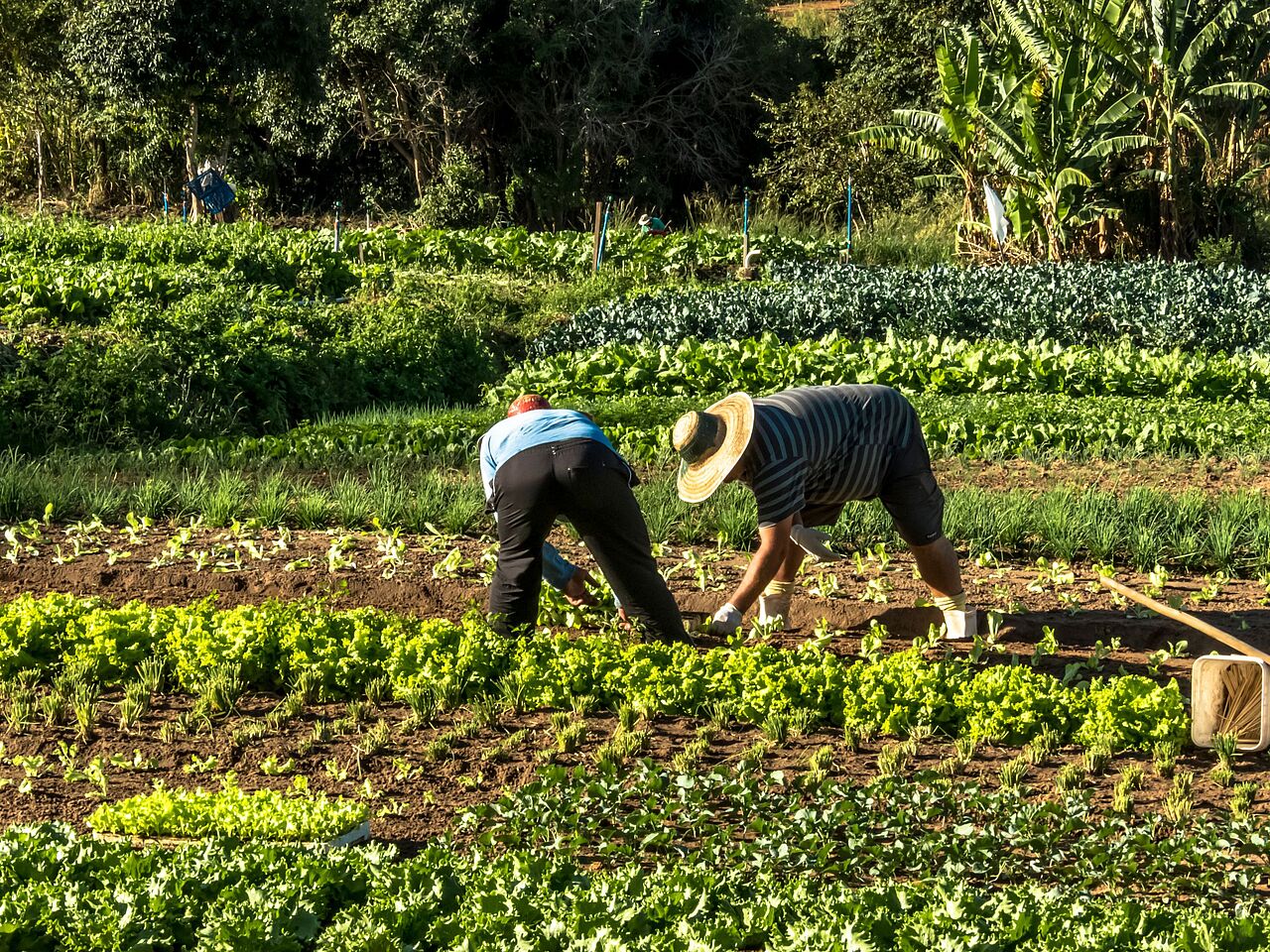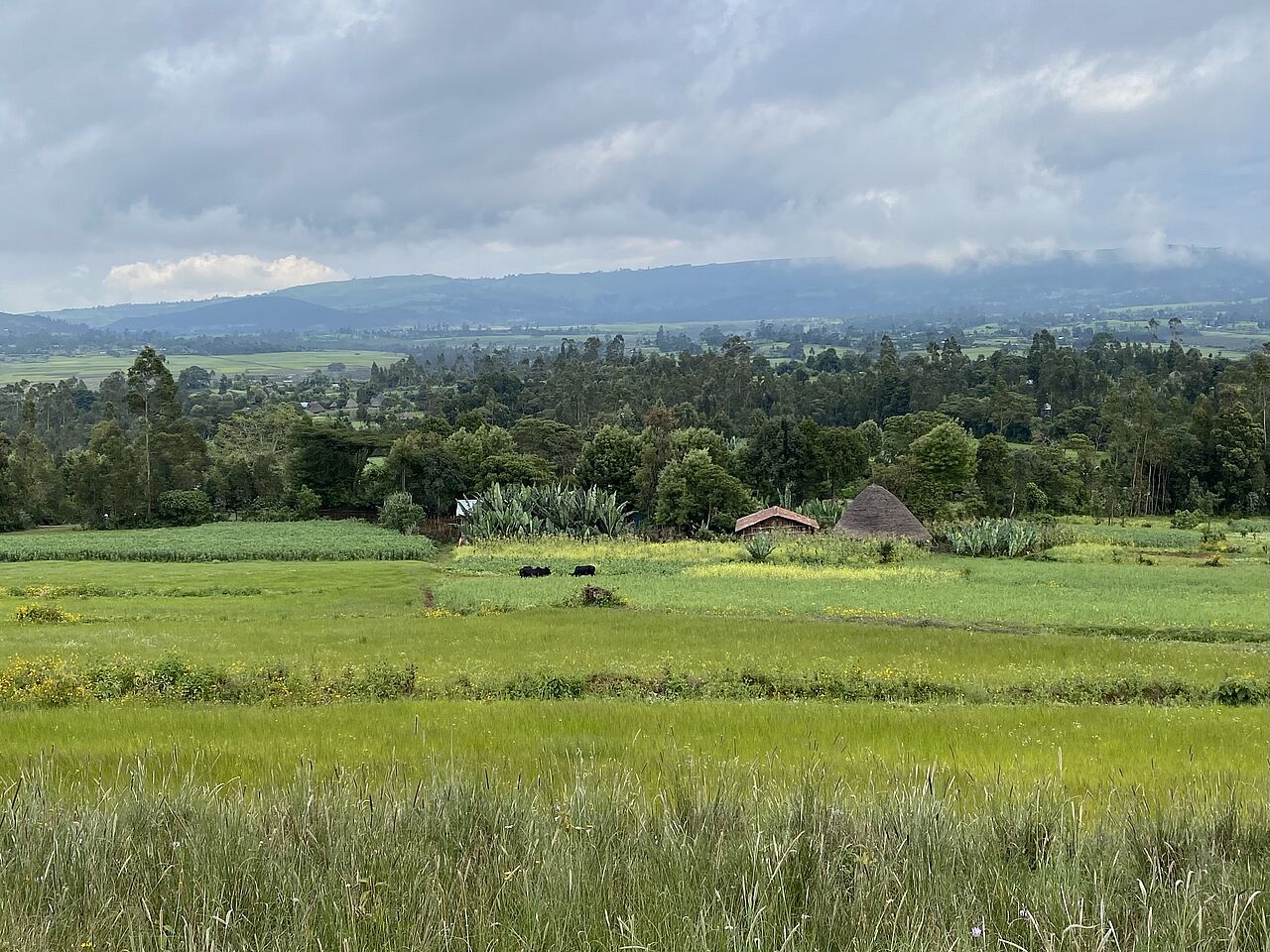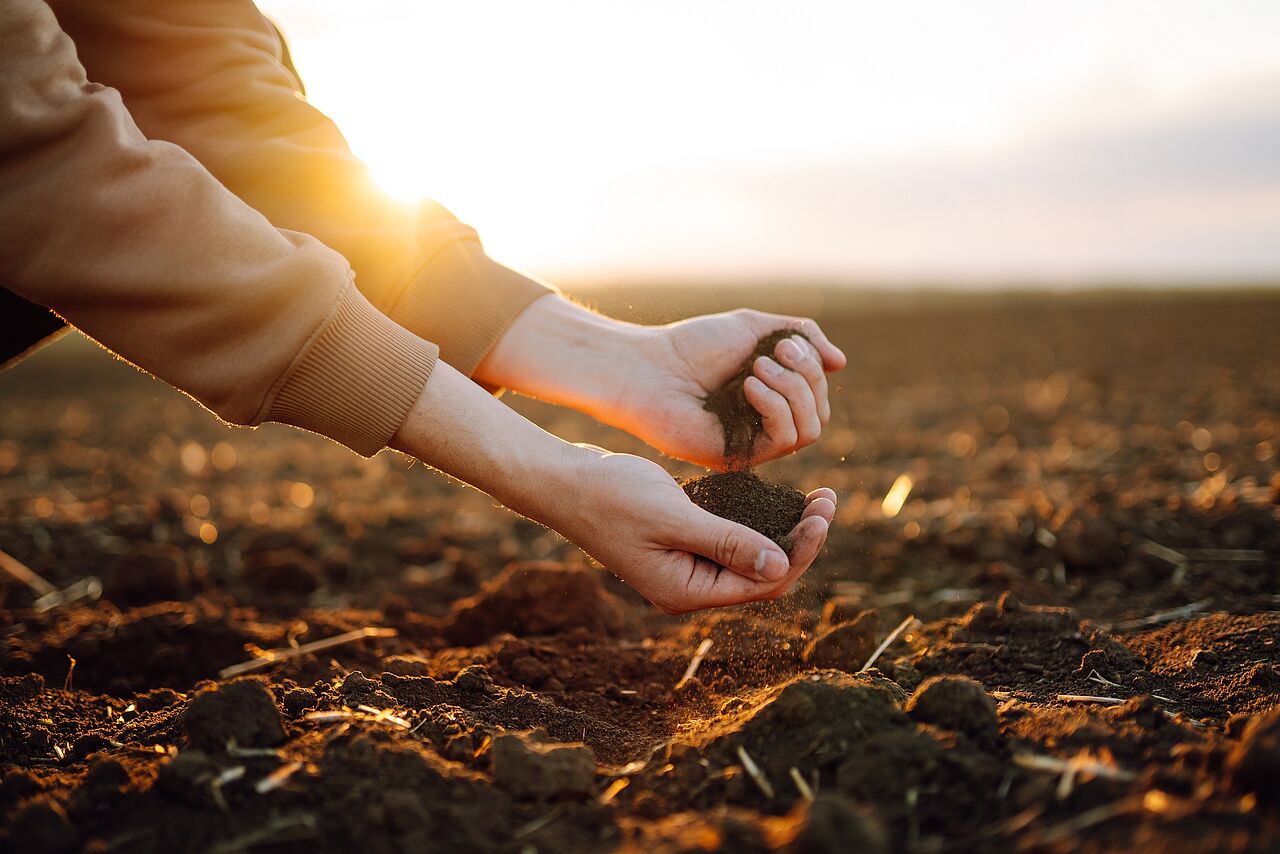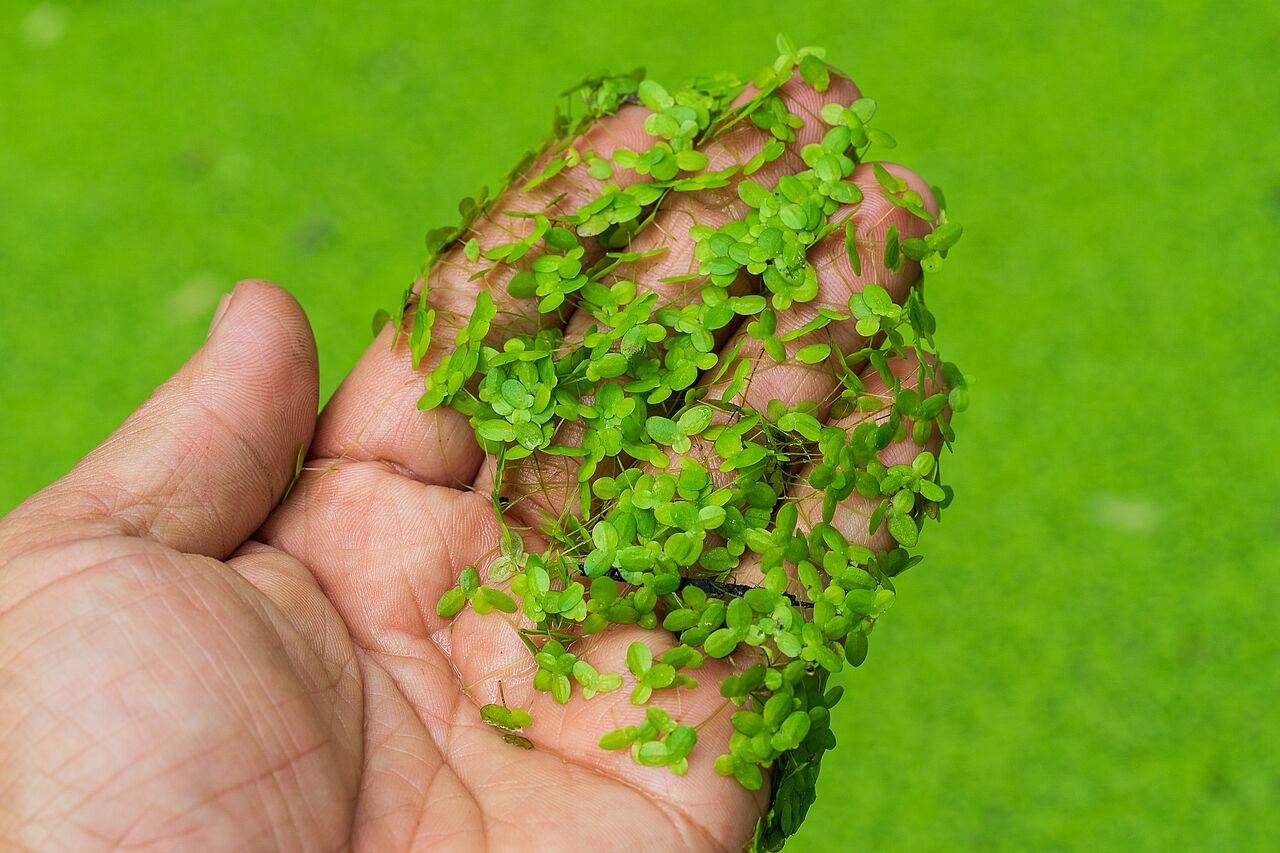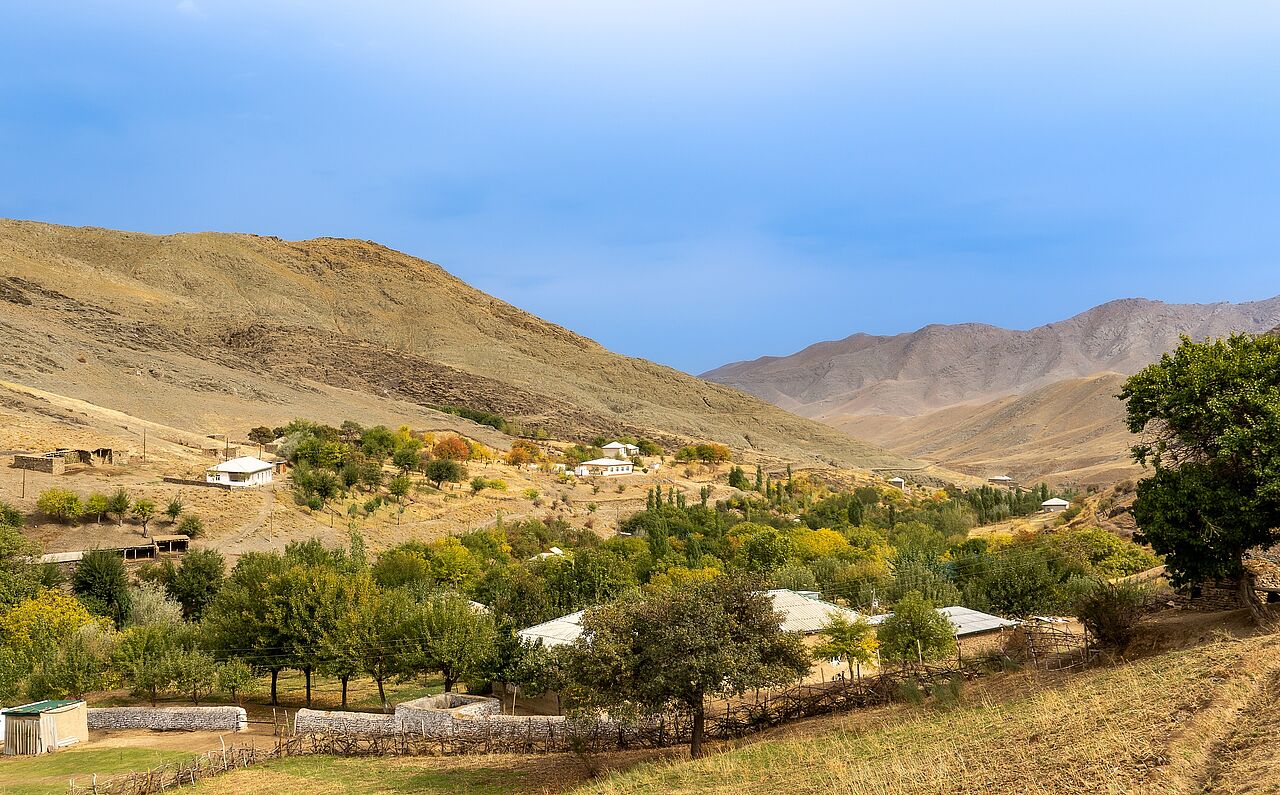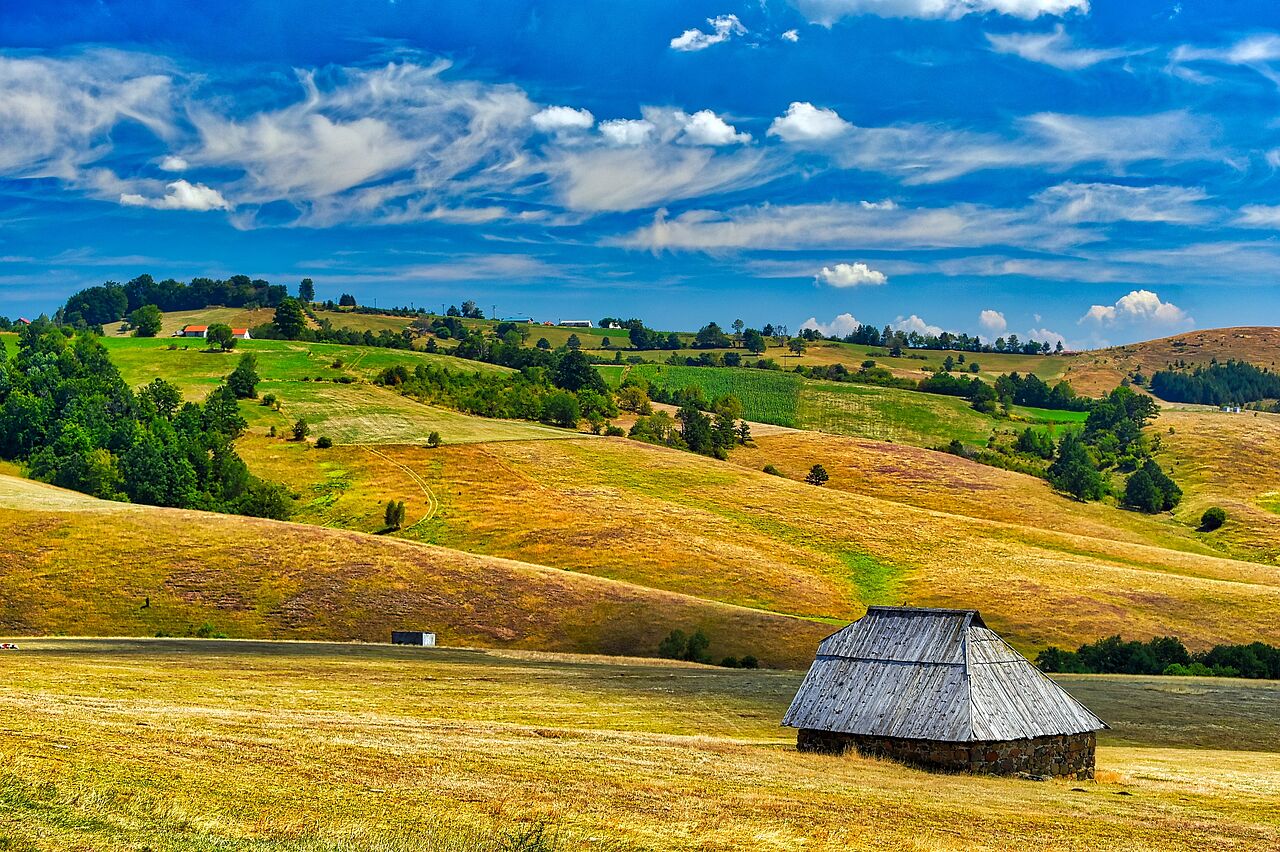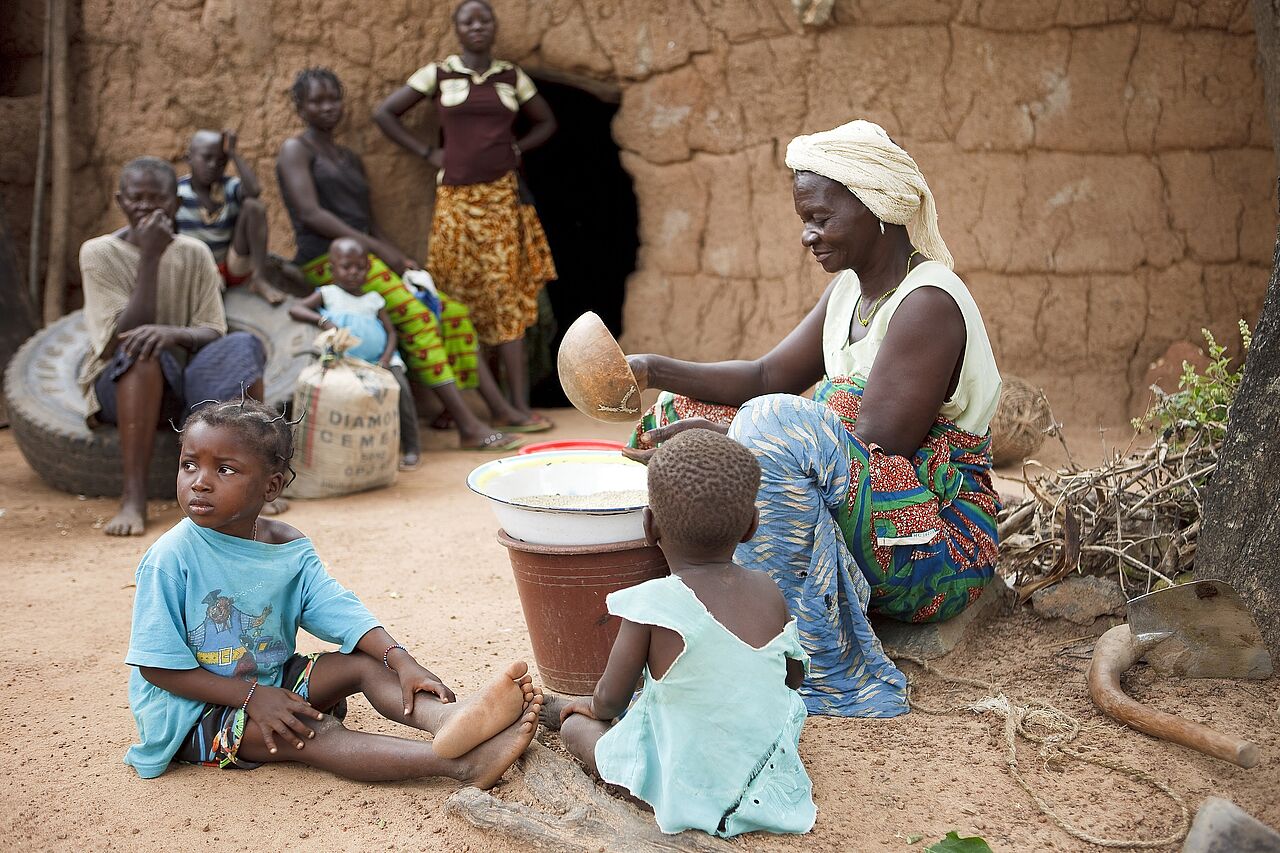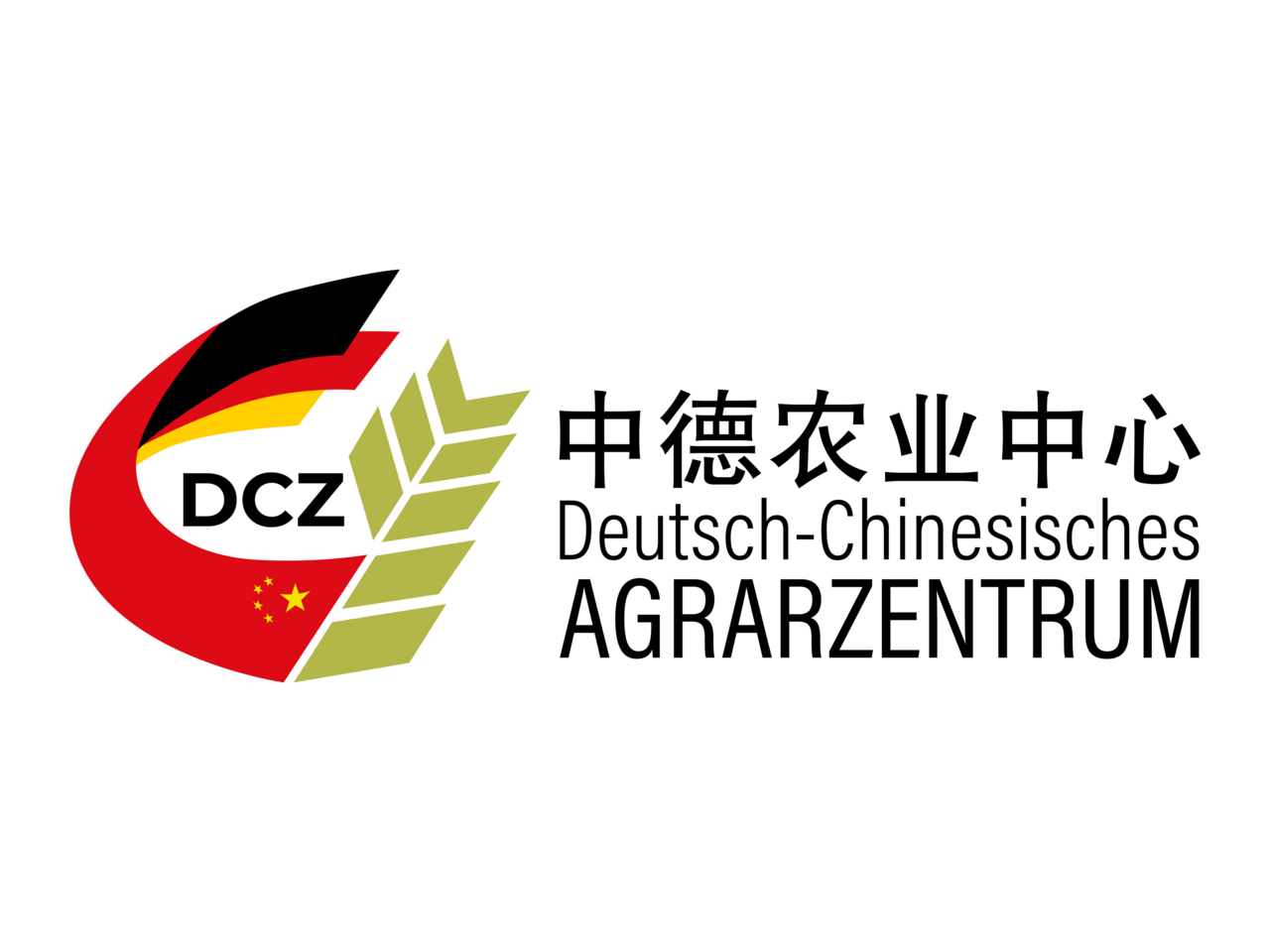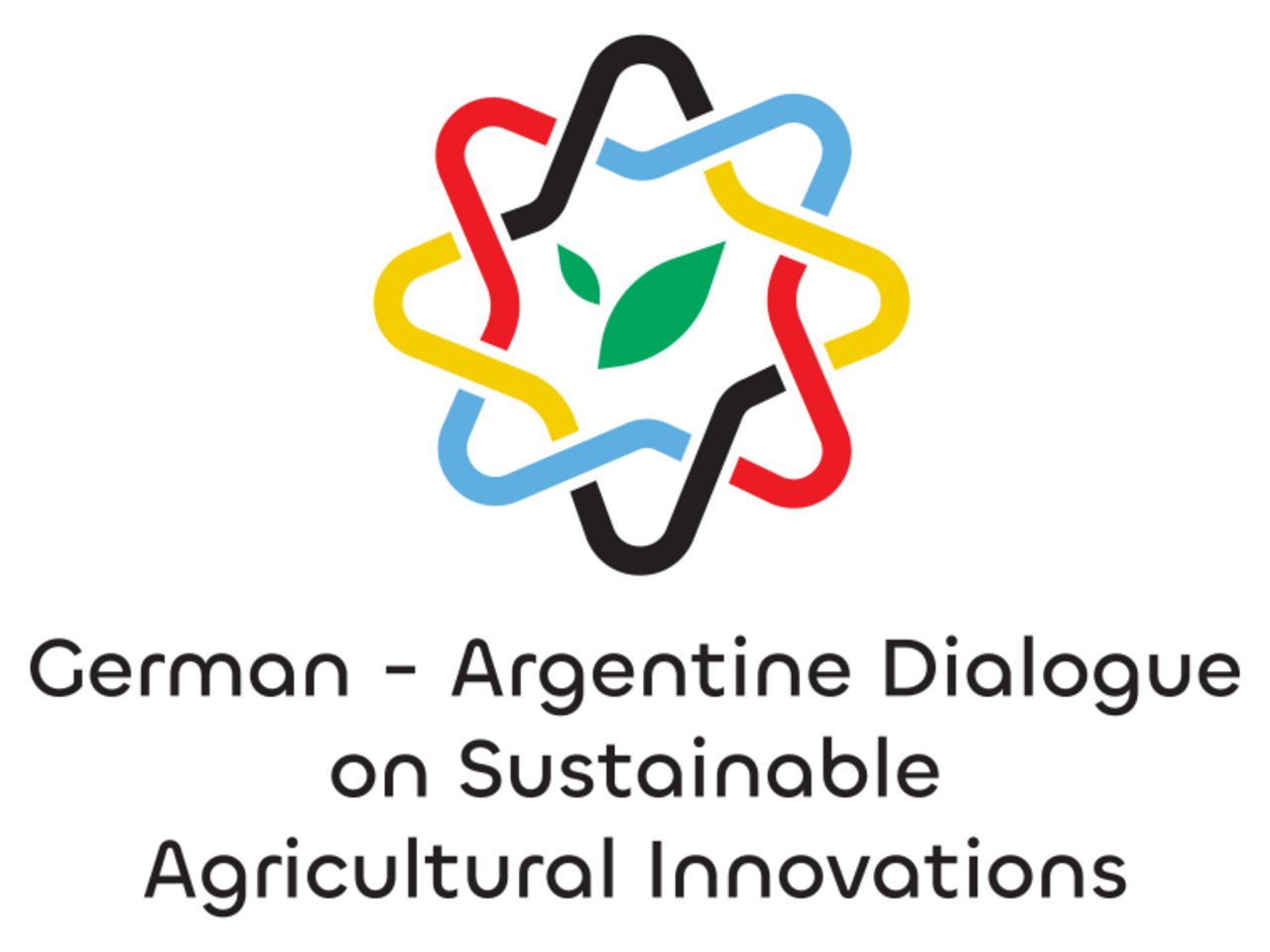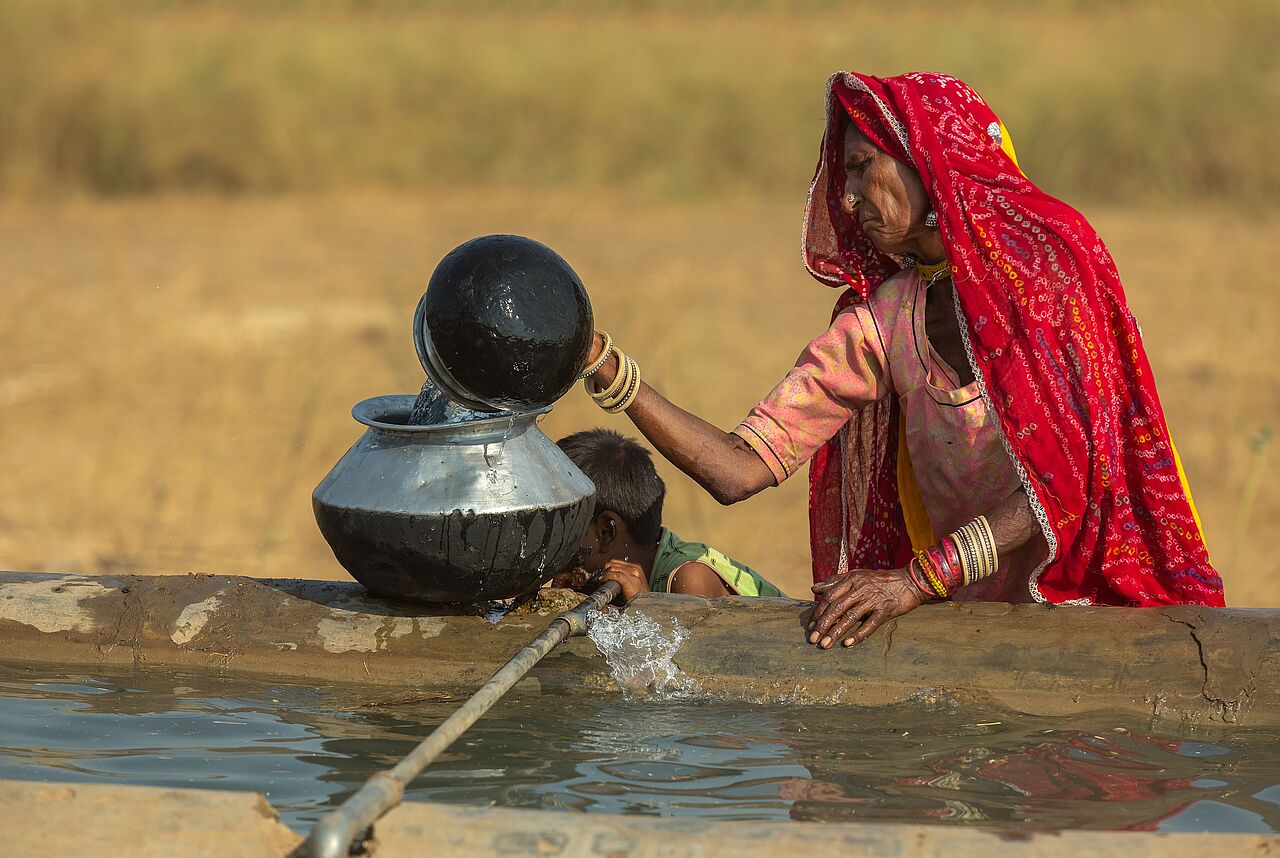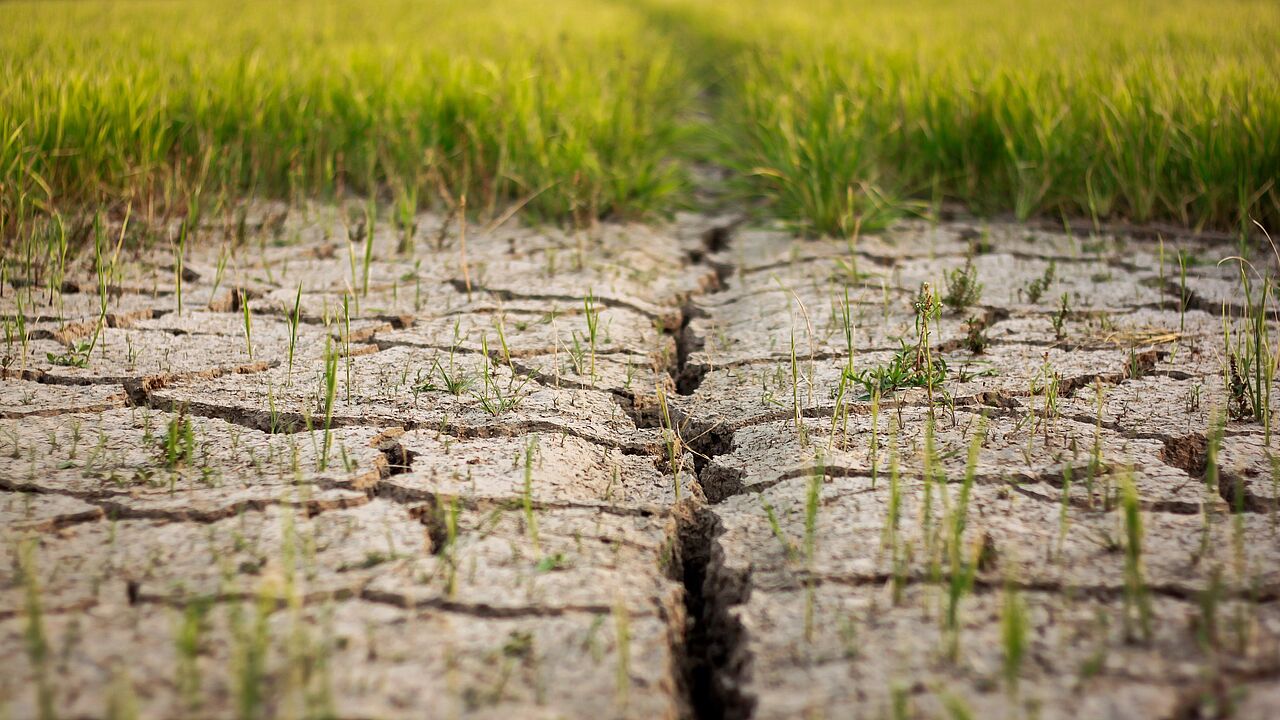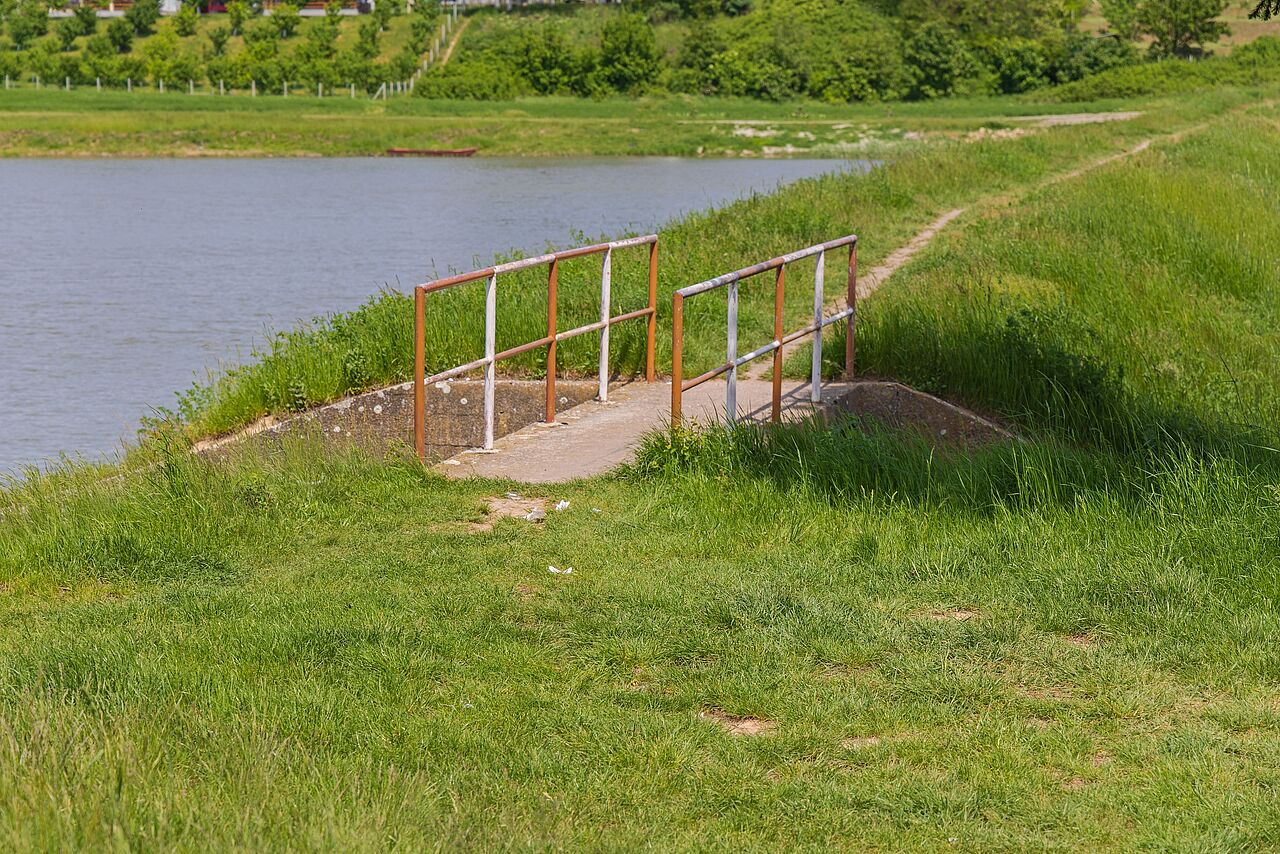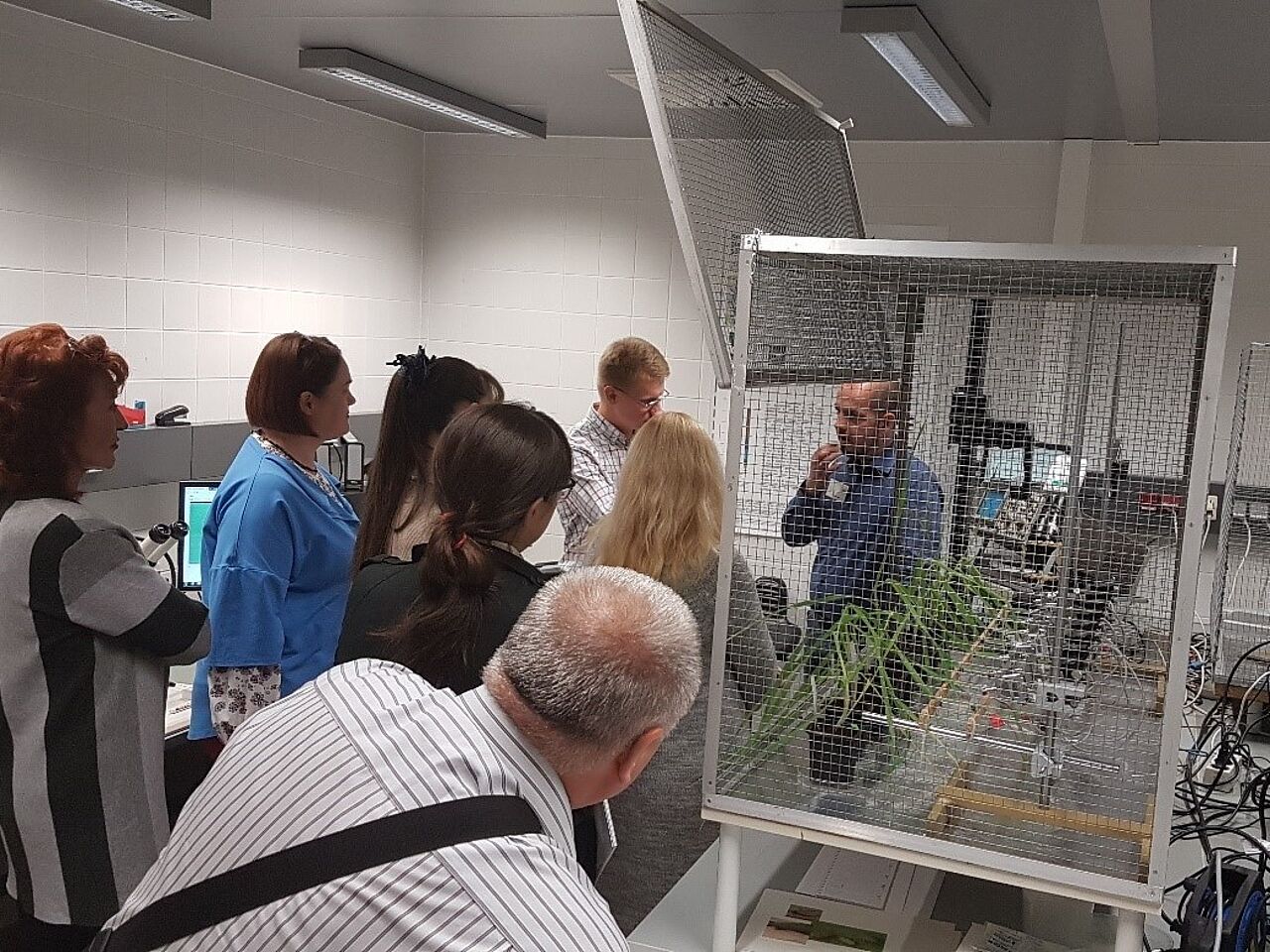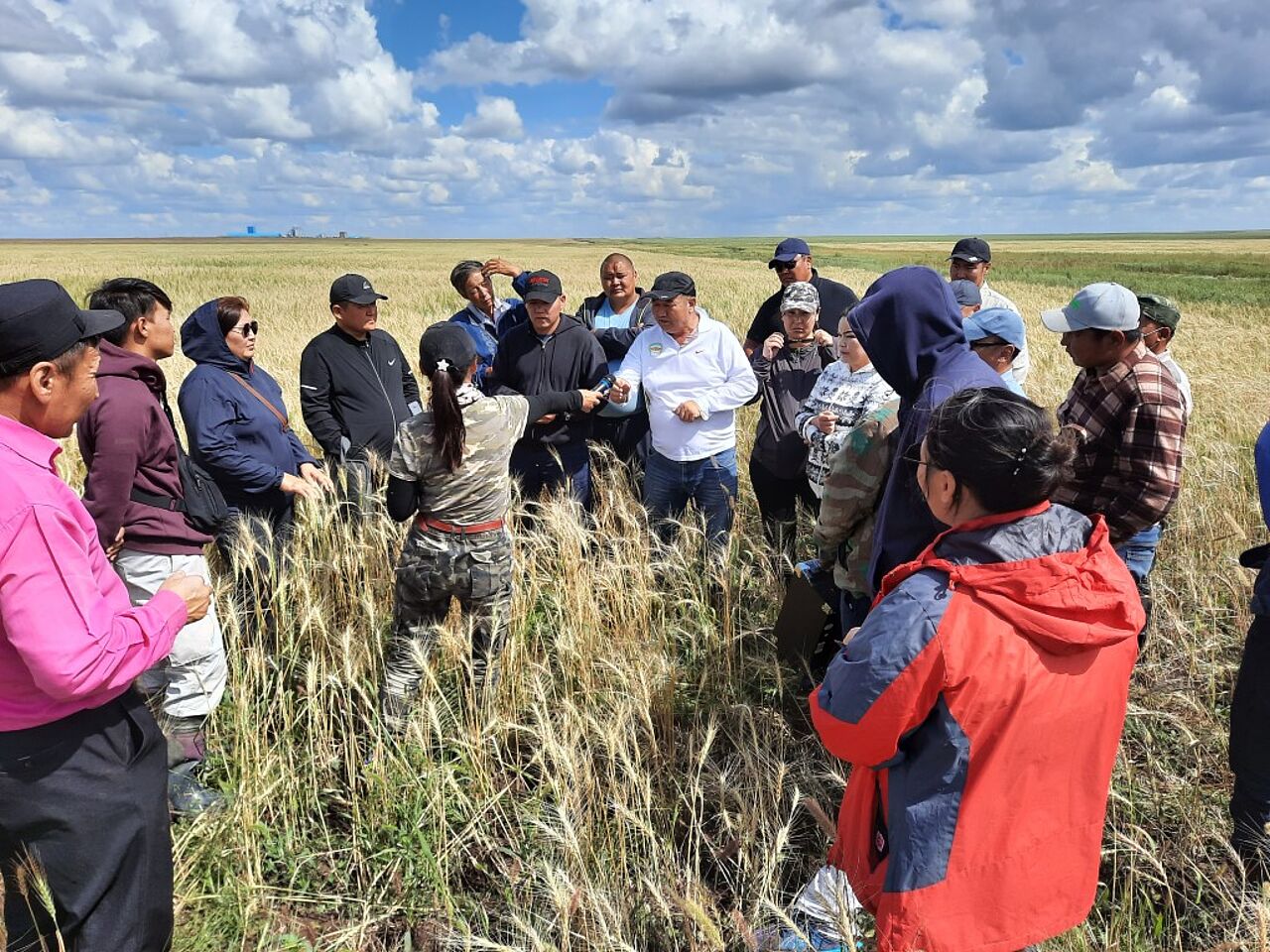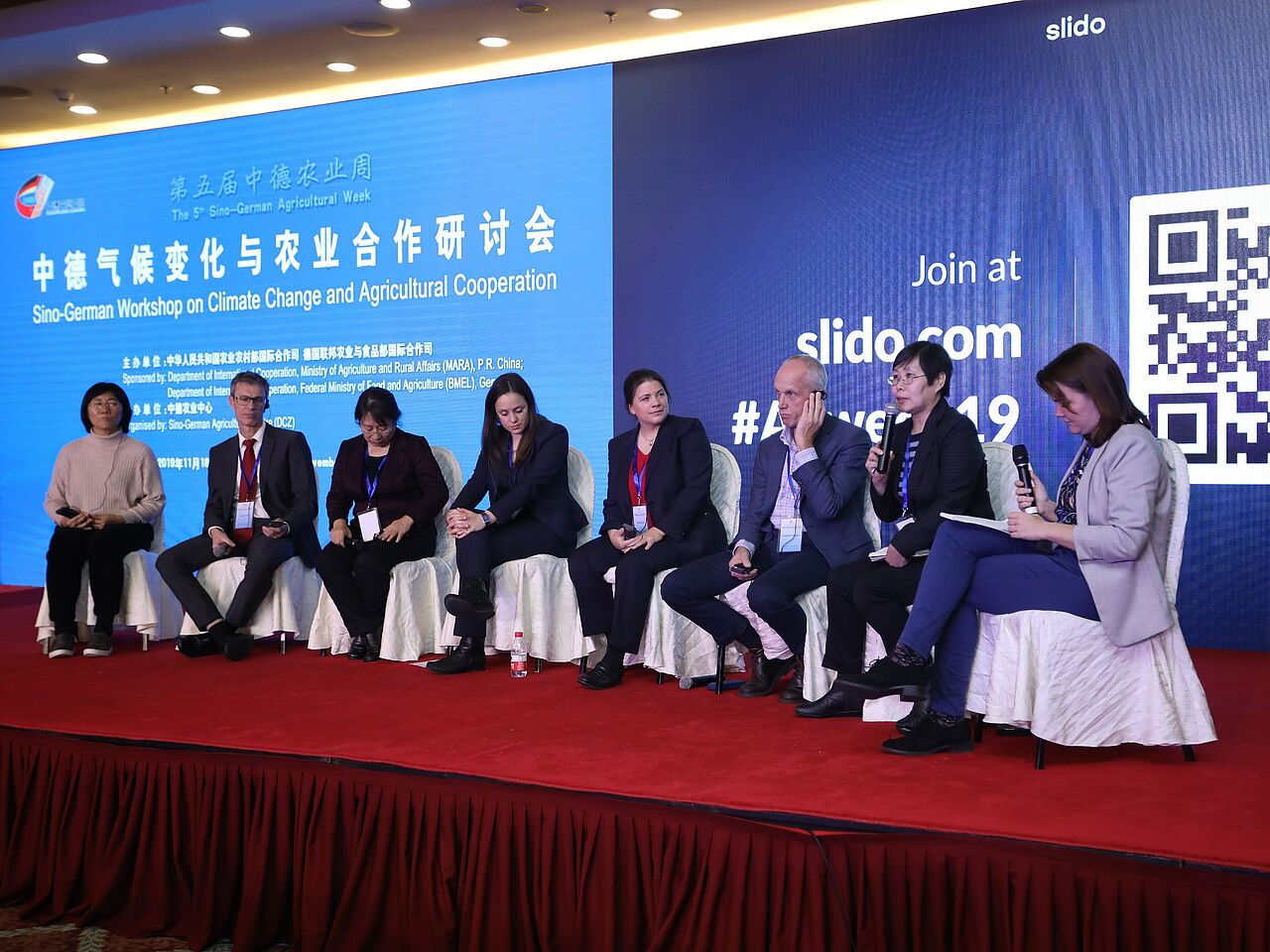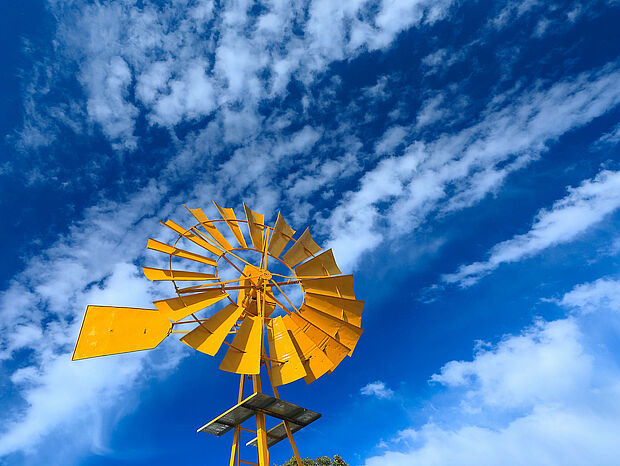
Agriculture and climate change
Agriculture and climate change are closely linked. Modern agriculture can help reduce CO2 emissions and promote carbon storage in soils and forests. At the same time, however, it is one of the first to feel the consequences of climate change and is challenged to adapt to the new conditions.
Stopping climate change
Agriculture is a relevant emitter of greenhouse gases. In the case of carbon dioxide, its share of global emissions is currently around 10%; in the case of nitrous oxide and methane, it is much higher. There is great potential here for saving greenhouse gases and thus for mitigating climate change.
This potential can be leveraged, for example, through the use of modern, digital technologies and increased efficiency in production. With carbon farming, agriculture itself can simultaneously contribute to strengthening CO2 sinks, for example by rehabilitating and preserving soils. Afforestation supports the storage of CO2 and contributes to the stabilization of soils.
We accompany such processes by promoting in our projects, for example, start-ups that offer innovative approaches to agriculture. Networking platforms contribute to the dissemination of new technologies. We also design knowledge platforms on the topic of smart agriculture and organize relevant training for experts in the agricultural sector. At the same time, we advise political actors on the reduction of CO2 emissions in the agricultural sector and on forestry policy.
Adapting to the consequences of climate change
Agriculture is at the same time directly affected by the consequences of climate change, struggling with droughts, floods, storms and generally changing weather and precipitation patterns. The risk of crop loss and uncertainty in agricultural production are increasing worldwide. As a result, food security is at risk in many countries. So agriculture urgently needs to adapt to changing conditions - regardless of the level of global temperature rise.
This adaptation must happen locally; national policy can only set the framework. Each company, farm and municipality must identify its individual need for necessary measures and implement them. We provide support by working with our clients to conduct the appropriate analyses, develop solutions, and determine a financing plan. To achieve a greater impact, we also train local consultants who can continue this individual consulting in their countries or sectors.

